"Shifting The Dial Forward in Lung Cancer Care: It Takes a village"
Highlights of the 2023 Annual Scientific Meeting
The TOGA 2023 Annual Scientific Meeting highlighted that it truly takes a village to treat lung cancer as it showcased the latest research in immuno- and targeted therapy, thoracic surgery, respiratory medicine, palliative and supportive care and radiation therapy.
This year’s hybrid event comprising consumers and healthcare professionals from all levels of specialisation and disciplines in order to educate on the latest advancements in thoracic cancer care and to foster collaborations necessary for improvement of lung cancer health outcomes directly emphasising the need for a multidisciplinary approach to improve thoracic cancer outcomes.
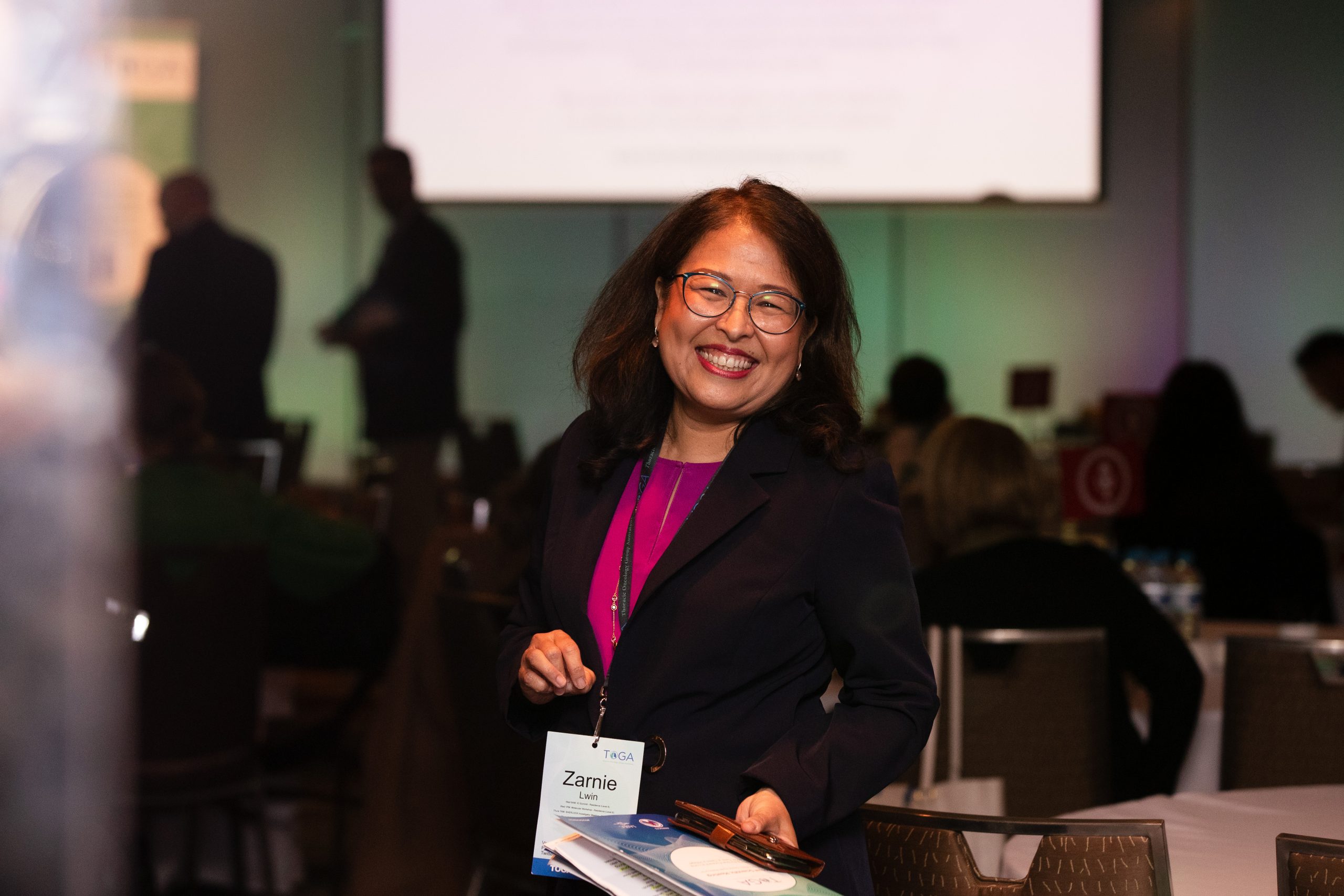
The Molecular Testing Workshop, which was held as a microsatellite meeting a day prior to the main program, was designed for any member of a multidisciplinary care team who wanted to upskill their knowledge in molecular testing techniques. The workshop was chaired by Dr Rebecca Tay and included presentations by A/Prof Trishe Leong, Dr Tracy Leong, Dr Malinda Itchins, Prof Wendy Cooper and Dr Tay herself. The workshop provided an overview of the processes underlying molecular testing such as tissue sampling techniques, test availability and selection for different scenarios, next generation sequencing funding, and challenges faced by regional centres when performing molecular testing. The workshop was closed with a speaker panel discussion where a fruitful conversation was held between the attendees and the presenters.
The opening plenary lecture for the main ASM program was given by Professor Karen Kelly, who took us on a tour-de-force of the evolution of immunotherapy from the beginnings of mono immunotherapy and initial trials of using two immune checkpoint inhibitors, to the development of tailored combination therapy for populations with either PD-L1 <50% or PD-L1 >50%. She gave an overview of the current state of play highlighting that there is a lot of reason for excitement in early-stage NSCLC phase III trials with numerous studies operating in this space. It was highlighted that in the future the focus of trial outcomes could shift to having overall survival as the primary endpoint and that there will be a major focus on optimising treatment based on biomarkers for risk stratification and responsiveness, novel treatments, and utilisation of novel technologies such as Artificial Intelligence.
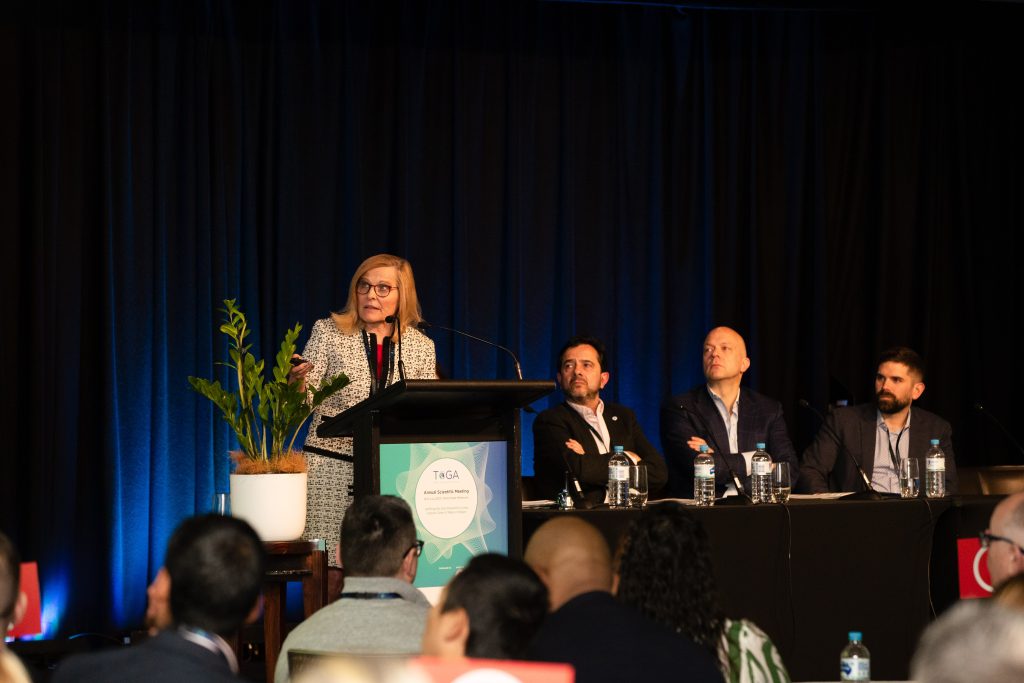
Prof Stephen Swisher, further built on the presentation by Prof Kelly by highlighting the state of immunotherapy in the context of surgery in NSCLC. Prof Swisher presented findings from trials that demonstrated the benefits of adjuvant immunotherapy and the evolving role of neoadjuvant immunotherapy in thoracic cancer treatment. Furthermore, Prof Swisher gave an overview of studies showing that due to the biology of the tumour, there is growing evidence that in some contexts Neoadjuvant Immunotherapy is superior to Adjuvant Immunotherapy at reducing lung metastases. This then led to observations that neoadjuvant chemoimmunotherapy showed better partial complete responses (36.8%) vs neoadjuvant chemotherapy alone (6.9%). Prof Swisher closed off by once again highlighting the importance of molecular sequencing in the resectable population to determine a patient’s driver mutation in order to select which patients would benefit from neoadjuvant immunotherapy.
The immunotherapy theme was further enriched by the microsatellite breakfast symposium titled “Emerging Immunotherapies: From Early to Late NSCLC” which was chaired by A/Prof Zarnie Lwin. During this session, Prof Kenneth O’Byrne gave an overview of cancer immune pathways and how some of these biological processes such as the PD1/PD-L1 signalling cascade are utilised for existing and novel compounds for cancer treatment. Dr Pei Ding then gave an in-depth overview of which biomarkers are predictive of overall survival and how this information can be used on a case-by-case basis to guide treatment selection. The last speaker of the session, A/Prof Steven Kao provided an update on the latest developments in utilising the LAG-3 and TIGIT co-inhibitor receptor pathways as an avenue for the development of novel immunotherapies. The session was then closed off with a lively panel discussion by the speakers where they fielded questions from the audience on their thoughts on the future of immunotherapies, cellular therapies, and predictors of toxicity and their management.
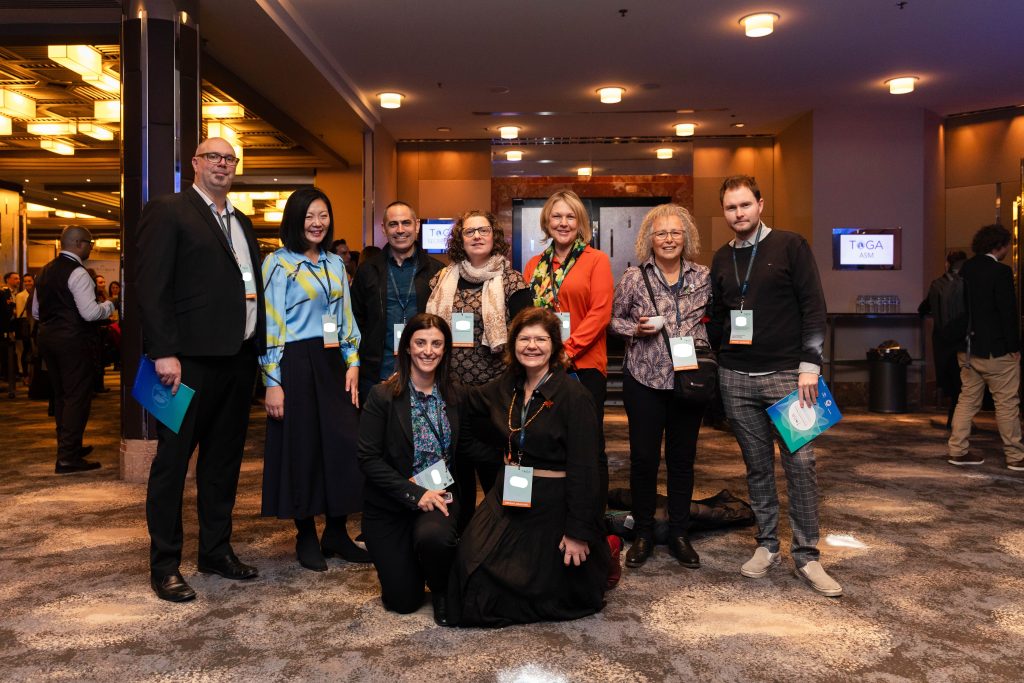
Professor Tom Calma, AO, gave a fascinating overview of the current strategies being employed to tackle smoking and vaping in the Indigenous population in Australia. Prof Calma highlighted the significant disparities between indigenous Australians compared to non-indigenous Australians with lower life expectancy and worse health outcomes in the indigenous population. There is currently an ecosystem of programs aimed at improving lung cancer health outcomes by tackling smoking at all levels of social infrastructure from policy and program design, partnership workshops, and evaluation and education programs all the way to community action, engagement, and advocacy. Prof Calma highlighted how vaping has presented a new challenge to his initiative and that he is optimistic that incoming vaping regulations will help curb this negative trend. He closed off by highlighting the success of the comprehensive cessation program offered in Canada through the Ottawa Model for Smoking Cessation, and that a similar approach could be employed in Australia to help tackle smoking trends.
A/Prof Tarek Mekhail presented on how the field of targeted therapies evolved over the last several decades, specifically for the EGFR exon 20 insertion mutation which represents approximately 6-10% of all EGFR mutations. The presentation was opened with how, just two decades ago, lung cancer treatment had limited efficacy until the introduction of genetic screening in 2004. This advance demonstrated that the underlying genetic signature will determine the efficacy of certain treatments, that then led to the evolution of targeted therapies. A/Prof Mekhail then gave an overview of the structure of EGFR and highlighted that it is the unique structure of EGFR with Exon20 insertions and limit access to the binding pocket, making targeting particularly difficult. A/Prof Mekhail continued with a comprehensive overview of a number of EGFR Exon 20 insertion TKIs highlighting their efficacies and any adverse effects in various scenarios, once again emphasising the importance of utilising next-generation sequencing (NGS) in order to assist selection of the correct compound. He wrapped up by speaking on the difficulty of treating the Exon20 insertion patient population but ended on a positive outlook suggesting that there are preliminary positive results with novel agents and combinations.
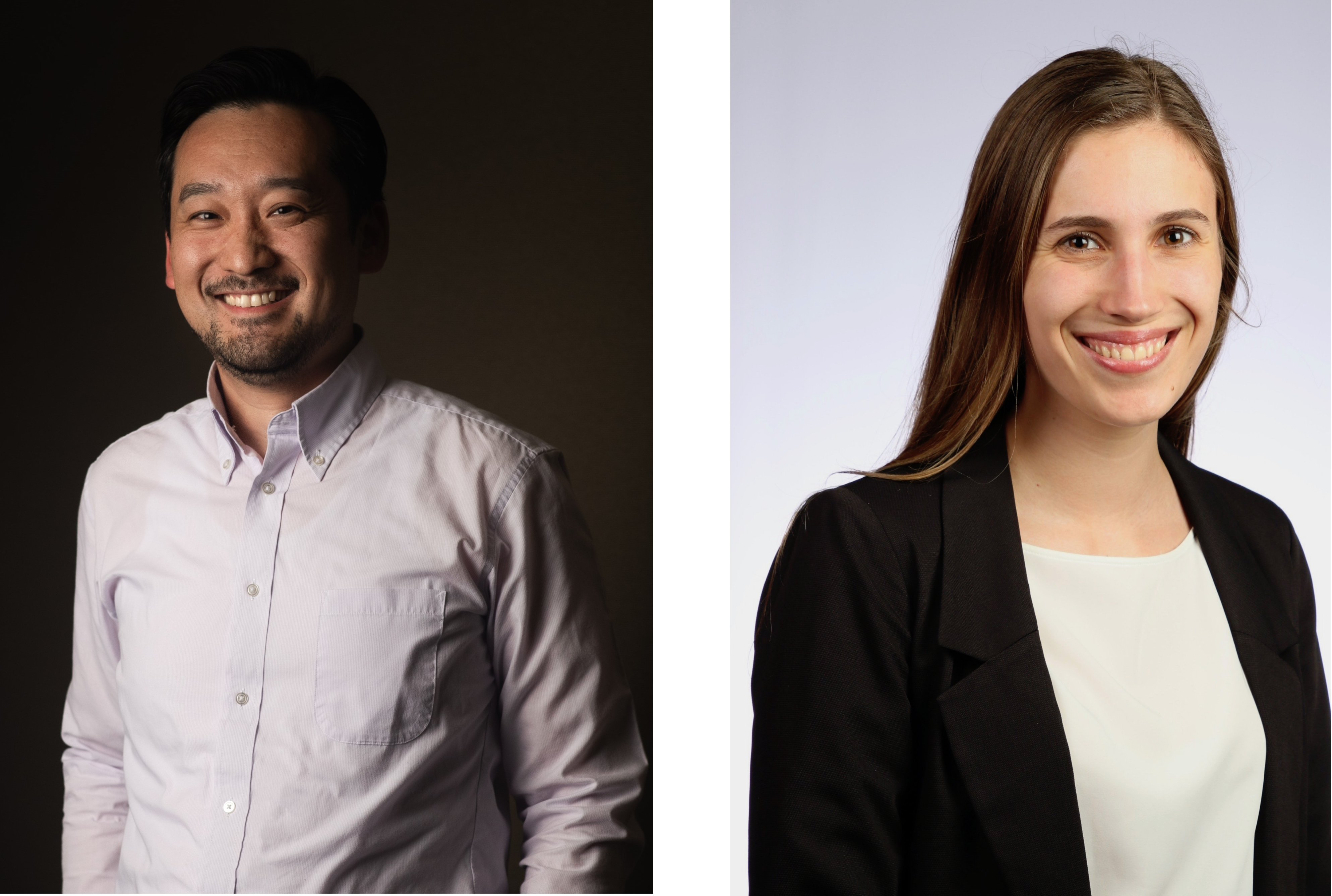
Outstanding presentations from local early career researchers were highlighted through the poster and oral abstract sessions where the presenters competed for the Best Poster and New Investigator awards which aimed to reward candidates with outstanding research and presentation skills. While all the candidates produced work of an extremely high standard, ultimately the New Investigator Awardees were Dr Joe Wei for his poster presentation on “Eosinophil to Neutrophil Ratio Predicts Efficacy in Patients Receiving Immunotherapy in Non-small Cell Lung Cancer” and Dr Mara Zeissig for her oral presentation on “Tumour suppressor KEAP1 confers resistance to KRAS inhibitors”.
We congratulate all oral and poster presenters on the outstanding quality of presentations.
The attendees were also updated on the status of a number of TOGA clinical trials highlighting a very productive and ever-growing research pipeline, investigating improved treatments across all areas of thoracic cancer from SCLC, NSCLC and mesothelioma all the way to biobanks. A particular highlight was the achievement of the completion of the 1000-patient recruitment milestone for the ASPiRATION trial – an observation cohort study to assess the clinical impact of comprehensive genomic profiling in metastatic lung cancer patients – and you can read more about it here.
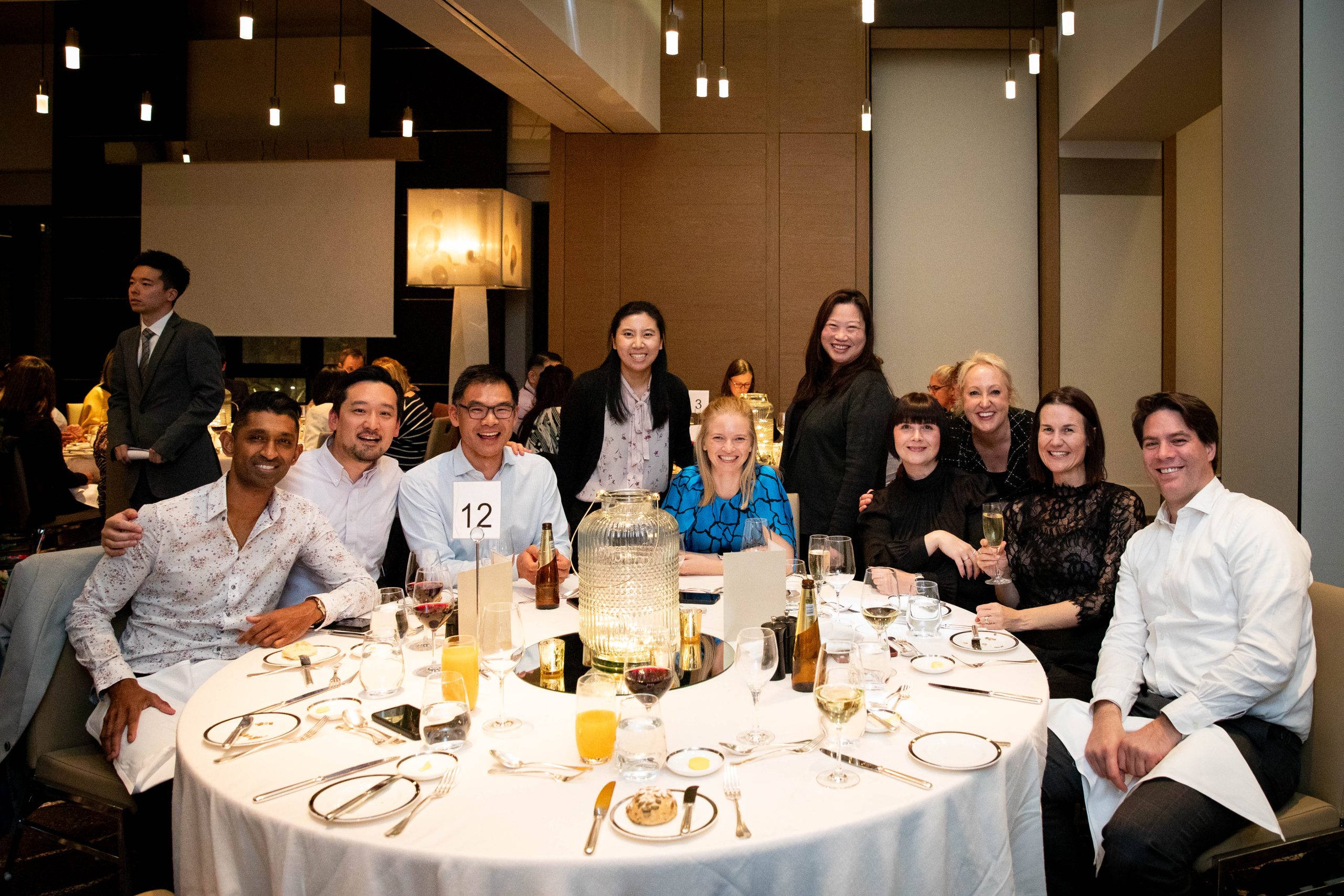
Undoubtedly, one of the biggest surprise highlights was “The Great Debate- AI will take over lung cancer management in the future”, a fun and lively discussion hosted by Mr Stephen Barnett. The debate was a joyful way to close the ASM where the participants tried to present the positives and negatives of the future of Artificial Intelligence in lung cancer management through poetry, costumes, theatre and animation. Ultimately, the debate was too close to call and was ruled a tie! A fantastic way to wrap up a comprehensive and diverse array of topics covered in the 2023 TOGA Annual Scientific Meeting.
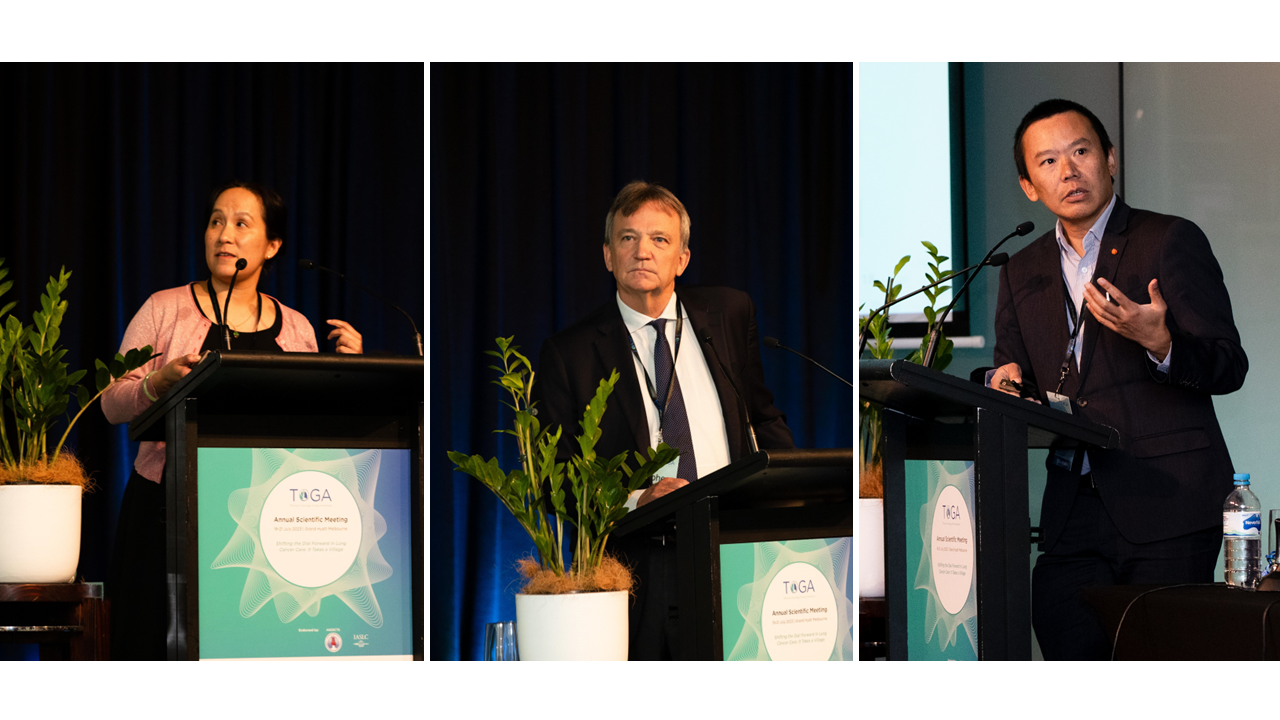
Other highlights included:
- Time Toxicity in Cancer Treatment – Prof Christopher Booth
- What’s Hot in Palliative Care – A/Prof Jaclyn Yoong
- The role of a Nurse Practitioner in Rural/Regional Australia – Ms Katrina West
- Equipping the Workforce for a Lung Cancer Screening Program – A/Prof Emily Stone
- Climate Change and Lung Cancer – Why We Need to Take Notice – Dr Christine Berg
- Vision of the IASLC – Prof Karen Kelly
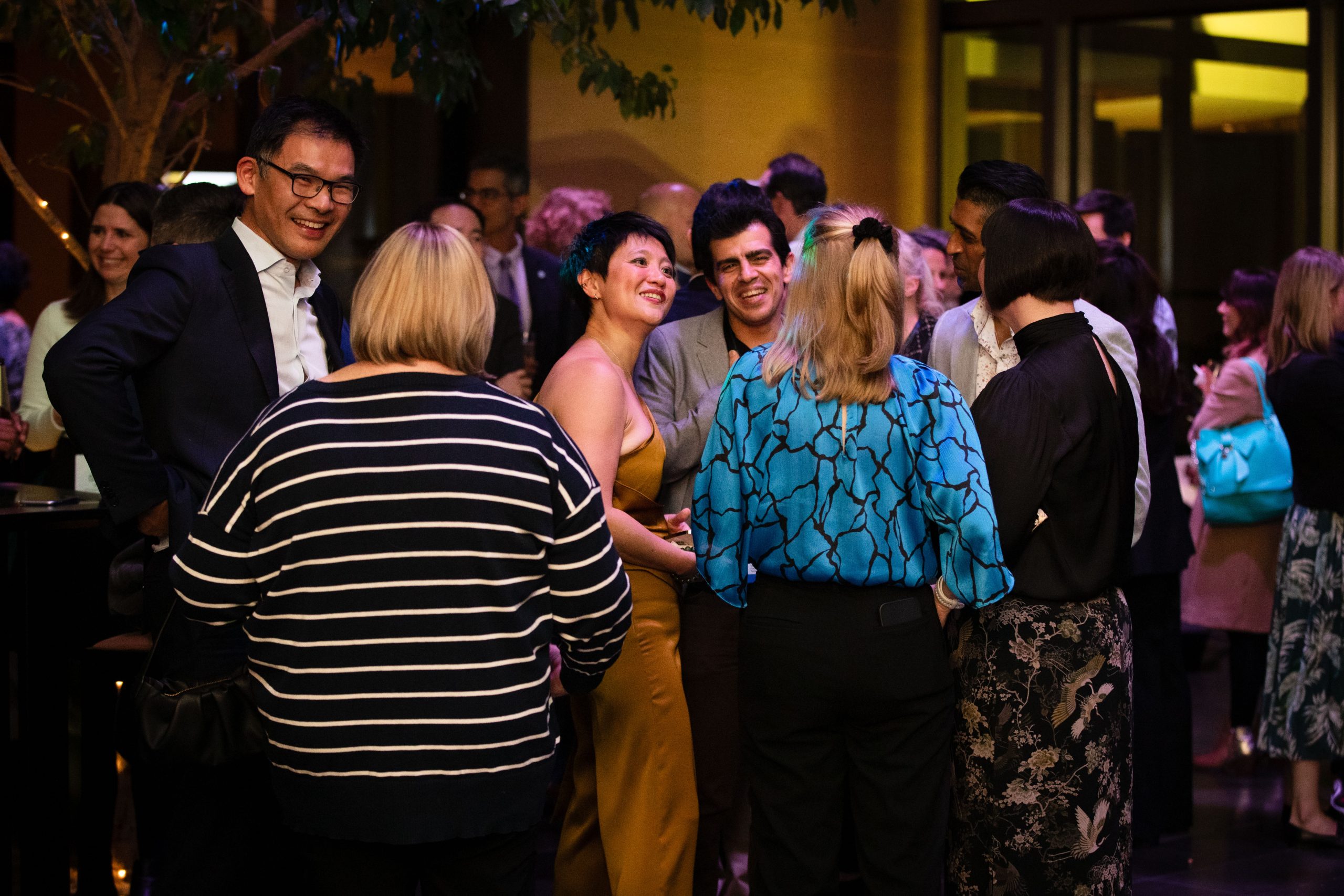
Read about more upcoming events in the TOGA education calendar. General enquiries for these events can be directed to info@thoraciconcology.org.au or find more information about our Education Program.
